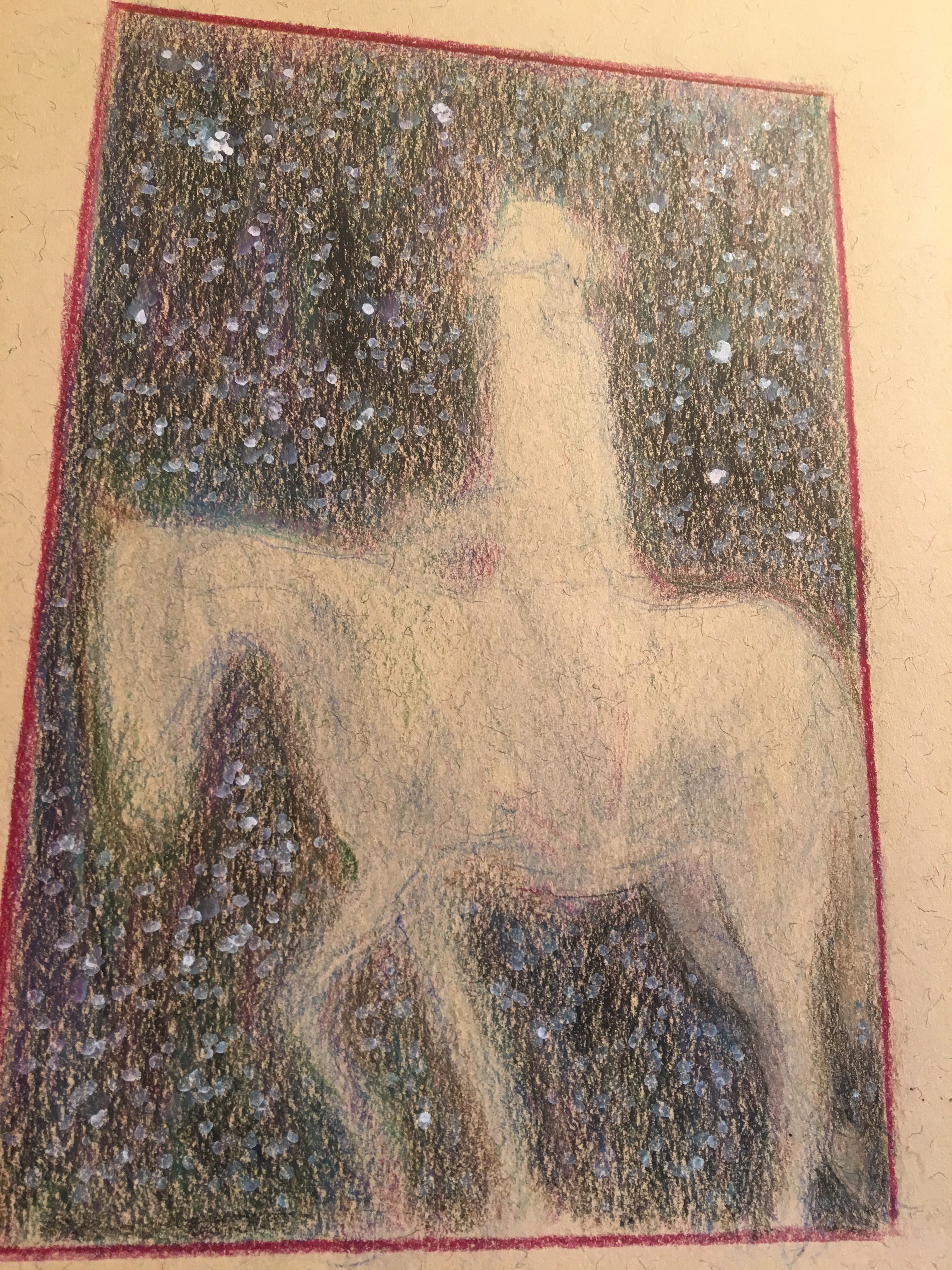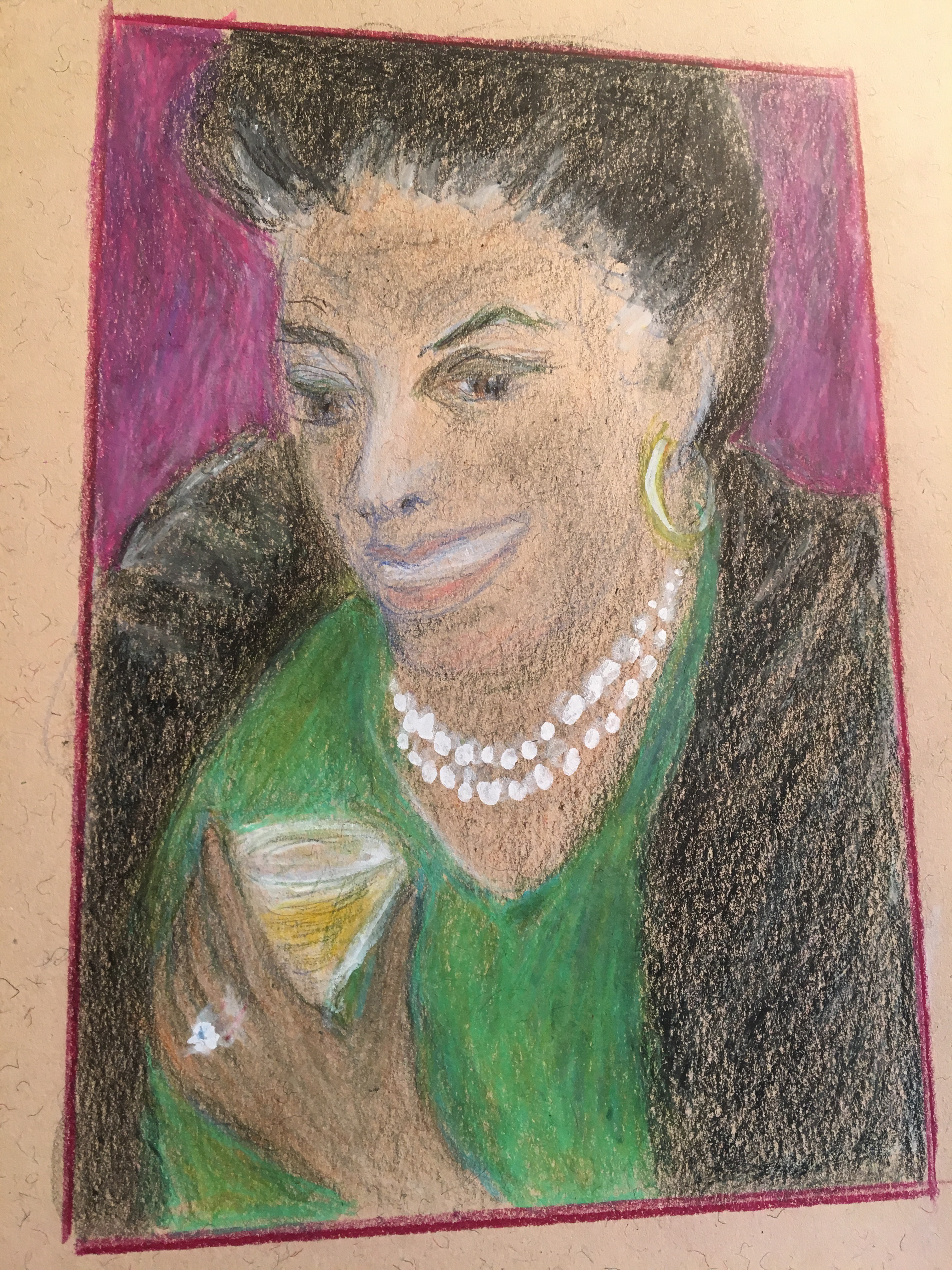Blog #10 Being a Writer
Continuing Orwell’s Four Great Motives for Writing. (Motives 3 and 4: Historical Impulse and Political Purpose)
Today is May 26, 2017, and in the past week two things on television stirred my heart. The first was a somber stirring and the second was a joyful stirring.

Traveller
The somber stirring was evoked by the sight of Robert E. Lee’s standing statue being dismantled by cranes in New Orleans. My first reaction was, “At least he’s not sitting on Traveller.” Then came sadness and incredulity at the memory of myself in high school speech contests. My topic was Robert E. Lee’s agonizing decision “to put state above the union of states.” The time limit was five minutes and I don’t remember a thing I said. All I remember is my certainty that I was honoring a great man. Whom, in fact, I knew nothing about, other than that he was mythically good and “a Southern gentleman.” I made it all the way to the finals, in Baltimore, where my mouth dried up and I saw the judges watching me curiously. Afterwards, one judge consoled me for having lost, “But you did the Southern accent perfectly.”
I have learned more about the human General Lee since then, and also more about his horse, Traveller. Richard Adams of Watership Down fame, wrote Traveller, which was the story of the Civil War from the horse’s point of view. Traveller is telling it to a cat in the barn they share.
Lee and Traveller stayed together until Lee, at that time the president of Washington and Lee college, died. Traveller died later of tetanus from stepping on a nail.
Avoiding commercials, I flipped to PBS, where a documentary of Maya Angelou’s life was in progress. That voice. I felt a pang of joy.
The 1990’s: A famous photographer, who was setting up to take a group picture of ten writers, told us our “theme” today was going to be hoboes. On a long rack were hobo costumes we would dress up in. The men laughed and stepped forward to choose their hobo costumes. I didn’t see anything on the rack that would make me look attractive. But…one must be a good sport.
Suddenly a voice from behind me: deep, powerful, a blend of authority and playfulness:
“I prefer to wear my mink coat.”
I turned and there she was, a woman-giant in a glossy full- length mink. She looked down at me from her great height and smiled. We were the only two women writers that day. I told the photographer, “And I think I will just…keep on what I’m wearing.”
We bonded instantly. Sitting down to wait for our shoot, she motioned to one of the photographer’s many assistants. “Could you bring us some orange juice…and a bottle of champagne?”
We sat together in the group picture. She in her mink coat on a chair and me next to her on the floor. “This is taking forever,” she said. “Let’s pretend I am telling you a story.”
I wish I remembered what she said next. Finally the photographer said, “if you two don’t stop talking I am going to have to separate you.”
We stayed together through the lunch afterward and signed each other’s books. We talked downright candidly, but the champagne kept flowing and I don’t remember a thing we said.
Fast-forward to Florida about sixteen years later and I arrive for my evening reading at the legendary Coral Gables book store. The greeter rushes forward. “Do you know who came by this morning? She left you her book and asked us to get you to sign yours for her.”
And last week I was hearing that incomparable voice on the documentary and clasping at my heart. Yes, I had known a giant in this world.
————————————————————————————————————————————
Orwell’s definition of the historical impulse: “Desire to see things as they are, to find out true facts, and to store them up for posterity.”
Orwell’s definition of political purpose: “Desire to push the world in a certain direction, to alter other people’s idea of the kind of society they should strive after.”
End
